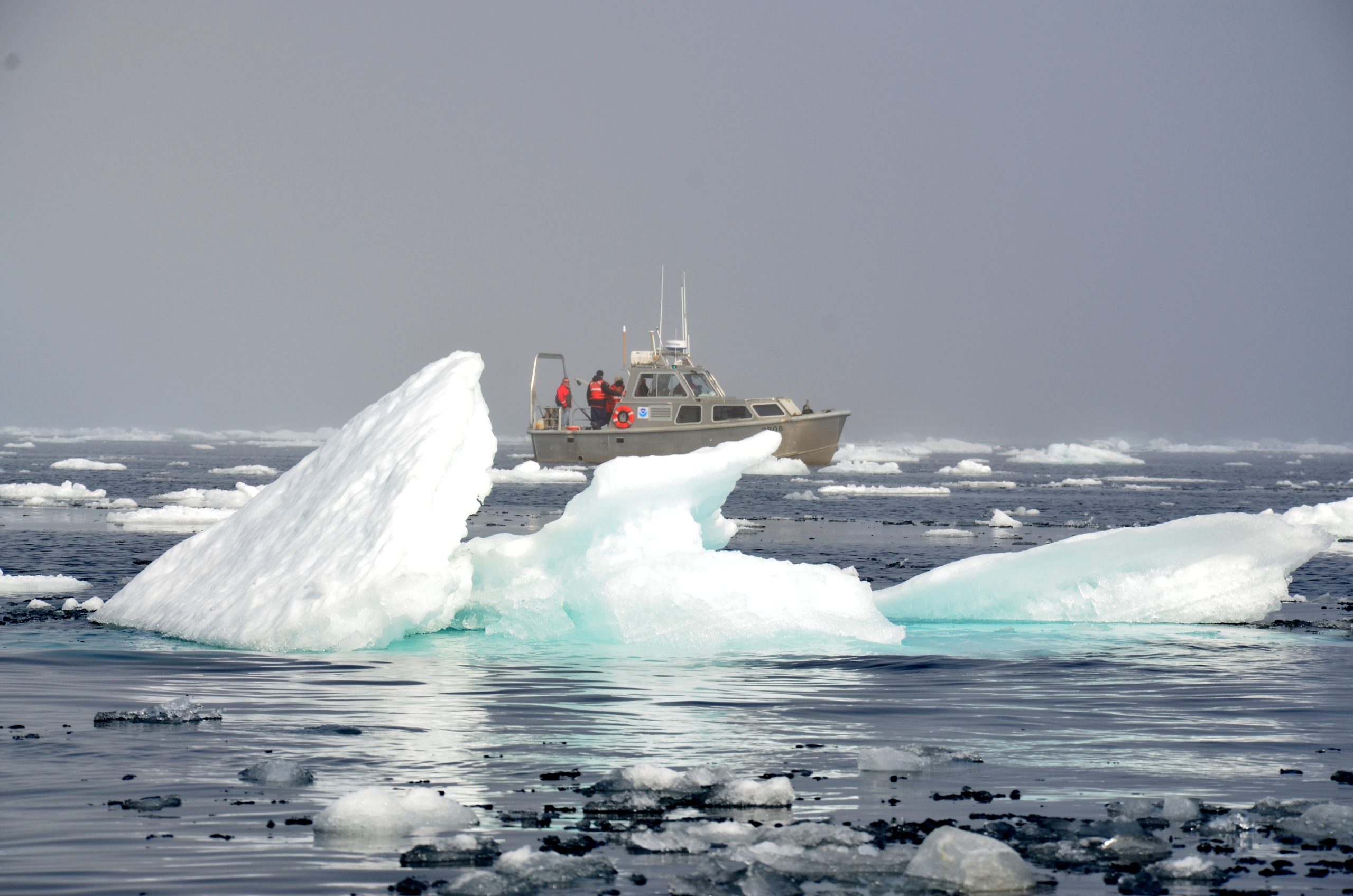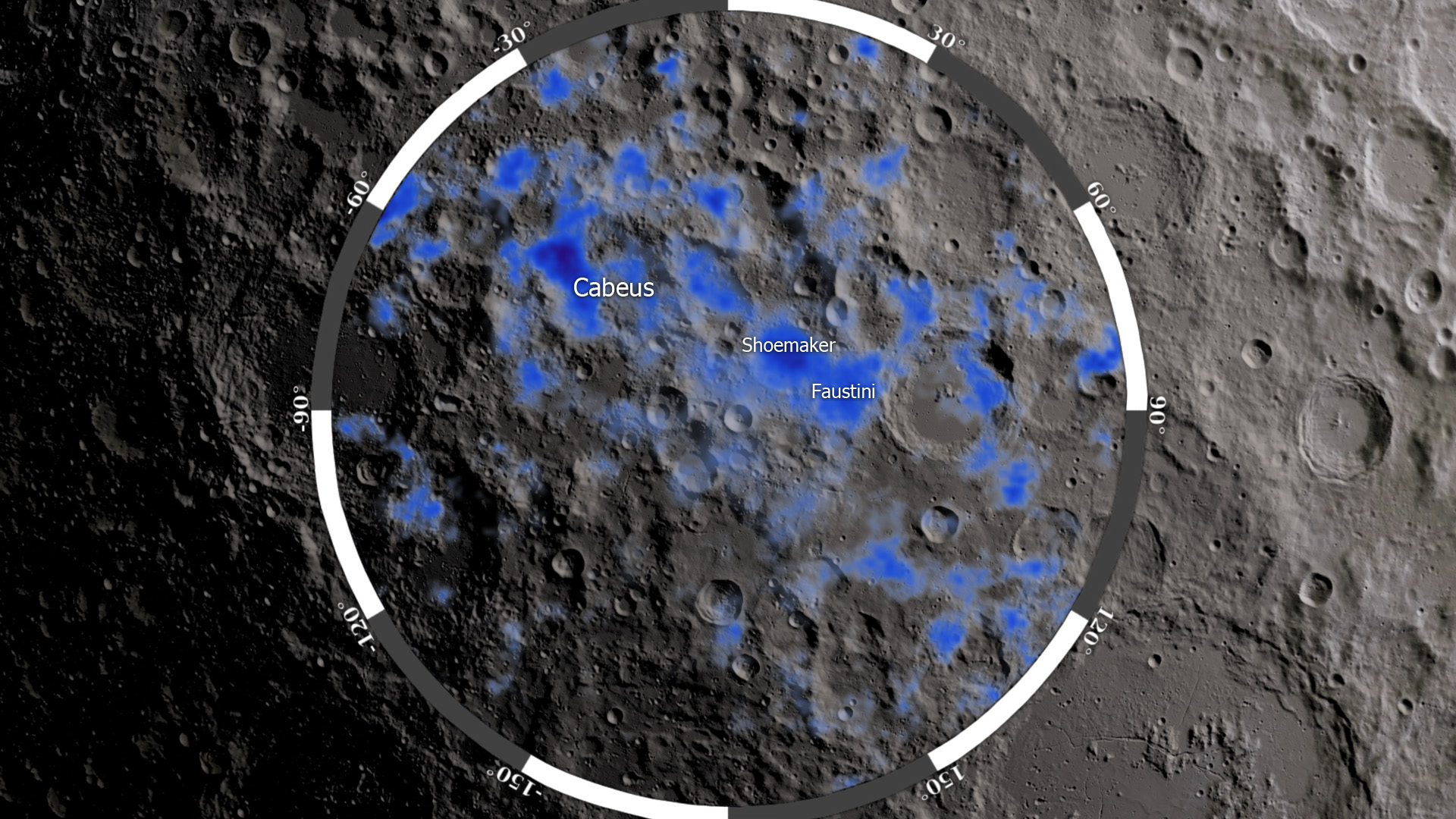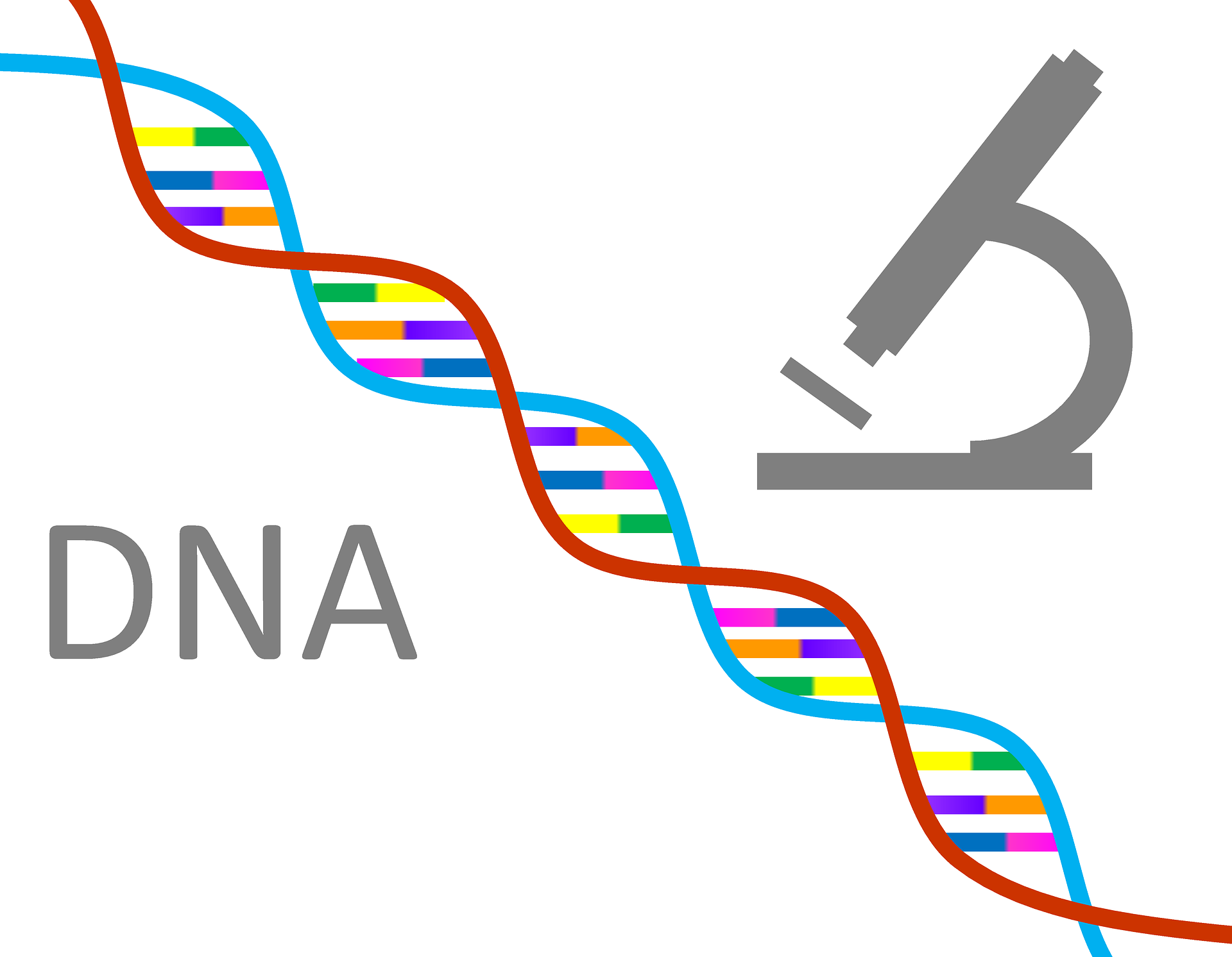Climate change is one of the biggest challenges humanity faces today, and science education may be the key to tackling it. Yet, despite its importance, science education is often overlooked or undervalued in schools and society as a whole. In this blog post, we will explore why science education matters for addressing the climate crisis and how it can empower the next generation to take action towards a more sustainable future. So buckle up and let’s dive into the exciting world of science!
The state of science education today
Science education is an essential part of any modern education system. However, the state of science education today leaves much to be desired. Many schools face budget cuts that limit their ability to provide quality science programs and equipment for students. As a result, many students lack access to hands-on experiences in laboratories or fieldwork.
Moreover, there is often a lack of emphasis placed on scientific literacy at home and in society as a whole. This results in misinformation being spread about scientific issues like climate change, leading to confusion and mistrust among the public.
Furthermore, traditional teaching methods may not always engage students with the material effectively. The rigid structure of memorizing facts without context can turn off many young learners from pursuing further studies in science.
However, there are efforts underway to improve science education through innovative teaching methods such as project-based learning or citizen science initiatives that enable students to engage with real-world problems actively. By harnessing technology or partnering with industry professionals and environmental organizations, we can create new pathways for science education that inspire curiosity and promote active participation by our future scientists!
The importance of science education
Science education is crucial in today’s world as it helps us understand and explain the natural phenomena that surround us. It equips individuals with the knowledge and skills to critically analyze information, make informed decisions, and solve problems. Science plays a critical role in shaping society by enabling technological advancements, medical breakthroughs, environmental protection efforts, among others.
Moreover, science education promotes curiosity and creativity by encouraging students to question and explore various concepts. By engaging them in hands-on activities and experiments, they gain practical experience that enhances their understanding of scientific principles.
Furthermore, science education also fosters teamwork skills as students often work together on projects or experiments. This collaboration allows for diverse perspectives to be shared while honing communication skills necessary for effective problem-solving.
Science education not only teaches scientific concepts but also develops essential life skills such as critical thinking, problem-solving ability and team-building which are valuable assets beyond academic pursuits.
How science education can help address climate crisis
Science education is a crucial tool in addressing climate change. By equipping the next generation with knowledge and skills related to science, we can develop innovative solutions that can help mitigate the negative impact of human activities on our planet’s environment.
Through science education, students can learn about topics such as renewable energy sources, sustainable agriculture practices, and carbon capture technologies. This knowledge empowers them to make informed decisions about their personal choices and advocate for changes at the community level.
Furthermore, science education also fosters critical thinking skills necessary for identifying problems related to climate change and developing effective solutions. Students who are trained in scientific inquiry are better equipped to assess data objectively and draw evidence-based conclusions.
Science education must be inclusive to all students regardless of their background or socio-economic status. It is crucial that educators reach out to underrepresented groups so that everyone has an equal opportunity to become environmentally conscious citizens capable of confronting global issues like climate change.
A strong foundation in scientific concepts provides valuable tools needed by future generations when it comes time for them tackle environmental sustainability challenges.
The future of science education
The future of science education looks quite promising. With the advancements in technology, students can access a wealth of information and resources that were not available before. This means that they can explore various scientific concepts and theories at their own pace, helping them to gain a deeper understanding.
Furthermore, there is an increasing focus on STEM (Science, Technology, Engineering and Mathematics) education across the globe. Many governments are investing heavily in this area to ensure that young people have the skills needed for the jobs of tomorrow.
In addition to this, there is also a growing movement towards more hands-on learning experiences. Students are being encouraged to engage with science through experiments and practical activities – something which has been shown to be much more effective than traditional teaching methods.
Another exciting development is the use of gamification in science education. By incorporating elements from video games into lessons, educators can make learning fun and engaging while still covering important scientific material.
It’s clear that science education will continue to evolve as we move forward into the future. With new technologies emerging all the time and innovative teaching methods being developed every day, it’s an exciting time for both teachers and students alike!
Conclusion
Science education plays a crucial role in addressing the climate crisis we face today. By equipping young people with knowledge about scientific principles, environmental issues and sustainable practices, they can become more informed and empowered to take action towards a greener future. It is important that we prioritize science education at all levels of learning, from primary school onwards.
As global citizens, it is our responsibility to ensure that the next generation has access to quality science education. We must invest in teacher training programs, educational resources and facilities that support scientific inquiry and experimentation. With adequate support for science education initiatives worldwide, we can work towards creating a more sustainable future for all.










